Projects
Our Projects
At the Centre for Indigenous Child Rights (CICR), we implement transformative community-based projects that uplift indigenous children, women, and families in Kenya. Our programs aim to advance gender equality, child protection, climate resilience, access to water and sanitation, and sustainable livelihoods. Below is a summary of our ongoing and completed projects.
Ongoing Projects
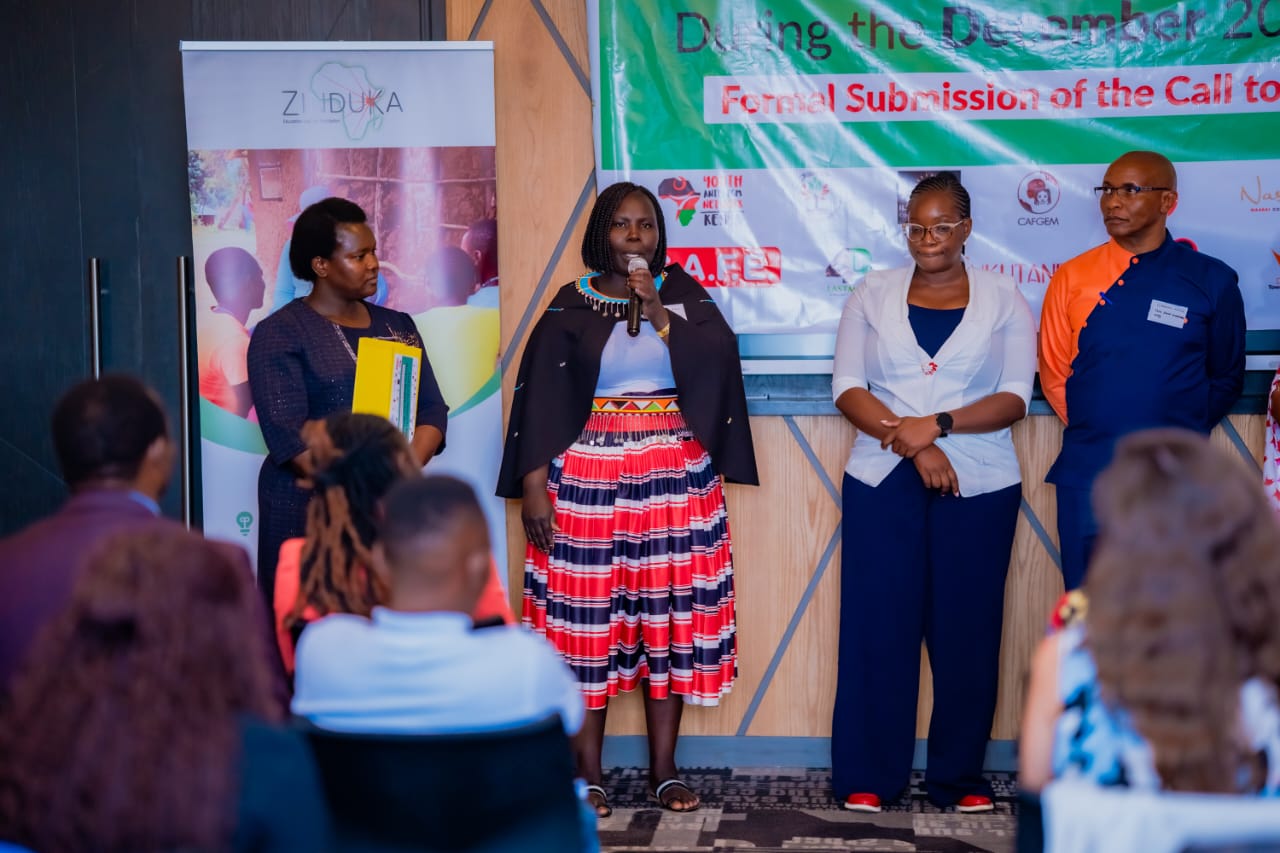
Together We End FGM
This community-driven initiative is designed to eliminate Female Genital Mutilation (FGM) through education, community dialogues, and empowerment. It focuses on raising awareness among parents, girls, and community leaders about the dangers of FGM, while strengthening protective systems for girls. The project actively works with schools, local leaders, and health practitioners to promote alternative rites of passage and child rights advocacy.
Supported by: Zinduka e.V. and The Rainworkers
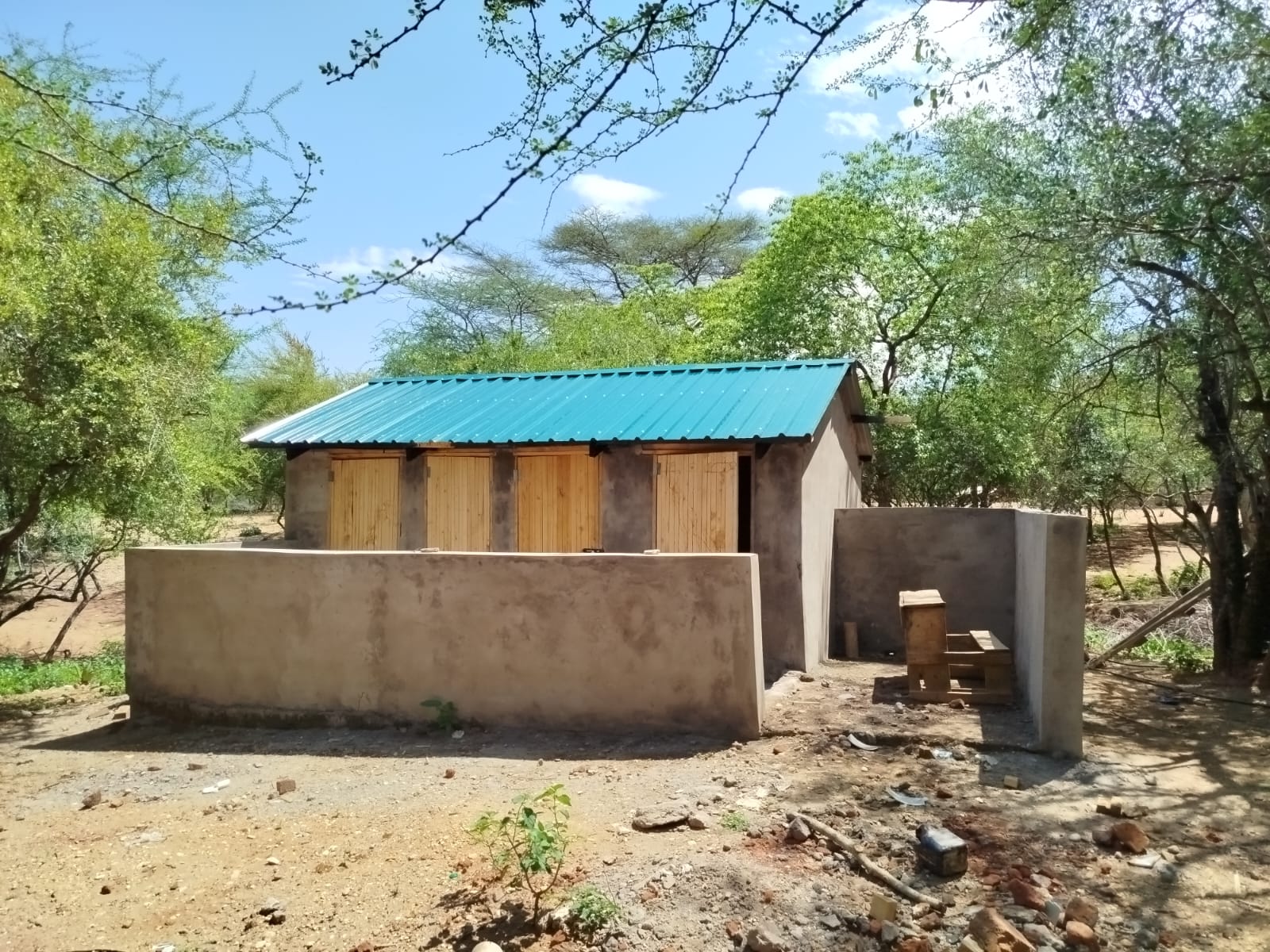
WASH Program in Nakwijit
This project is improving Water, Sanitation, and Hygiene (WASH) in Nakwijit by constructing latrines and implementing water harvesting systems in Wonyoi and Victoria Primary Schools. It also includes community-level hygiene promotion to reduce waterborne diseases and improve health outcomes. Through school and household-based sensitizations, the program instills lifelong hygiene practices among children and their families.
Supported by: Signpost International
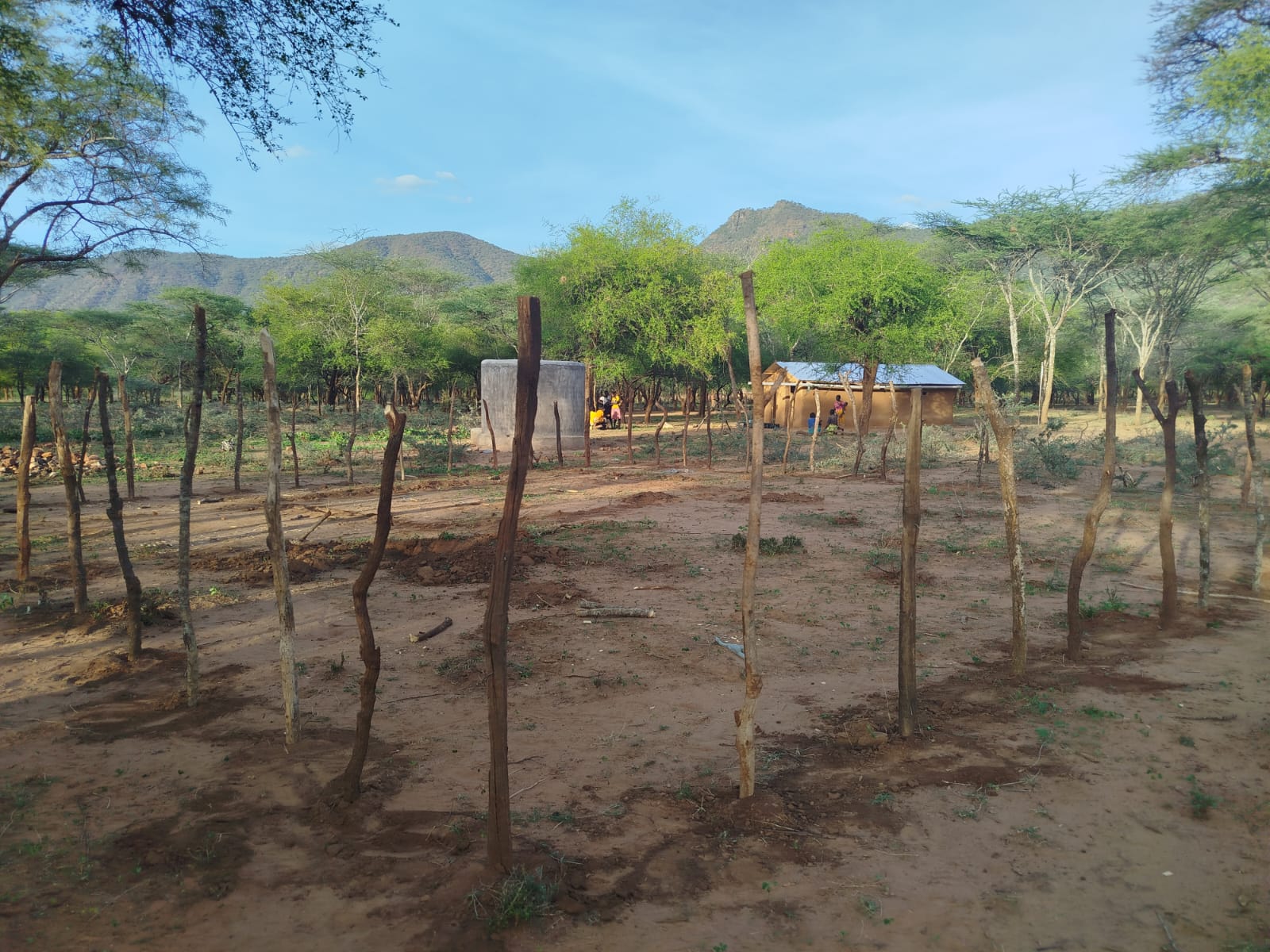
Trees for Resilience
This project supports climate action and economic empowerment by advancing clean cooking technologies and strengthening community-based tree nurseries. It specifically targets 60 women in Muchukwo and Kinatagh Women Groups in Tunoyo. Activities include the distribution of energy-efficient cookstoves, training in nursery management, and tree planting campaigns, contributing to both environmental conservation and women’s economic empowerment.
Supported by: Signpost International
Completed Projects
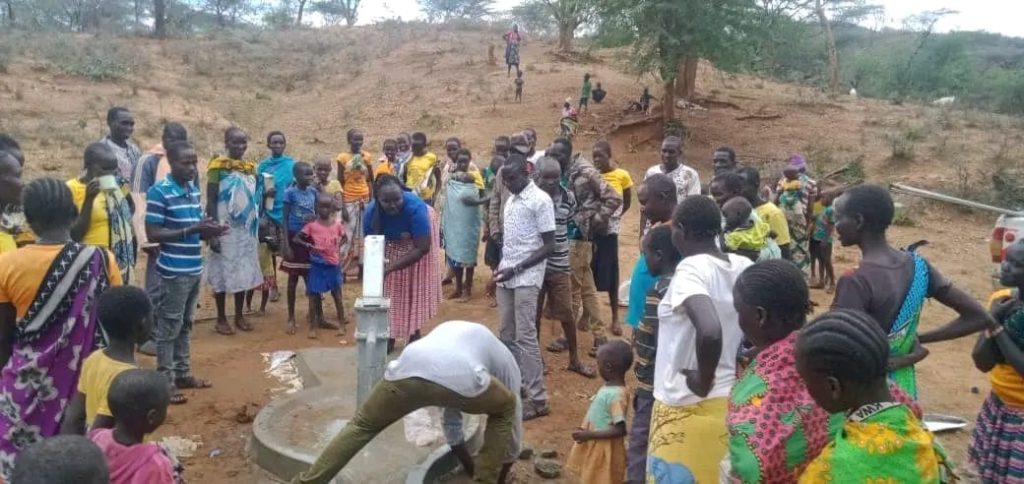
Power of Water Project: Unlocking the Potential of Rural Women and Girls
This impactful project addressed water scarcity by drilling and equipping two boreholes in Tunoyo and Kuyough Villages in West Pokot. By providing safe and reliable access to water, the project significantly reduced the burden on women and girls who previously spent hours fetching water, thereby improving their health, security, and access to education and income-generating activities.
Supported by: Signpost International
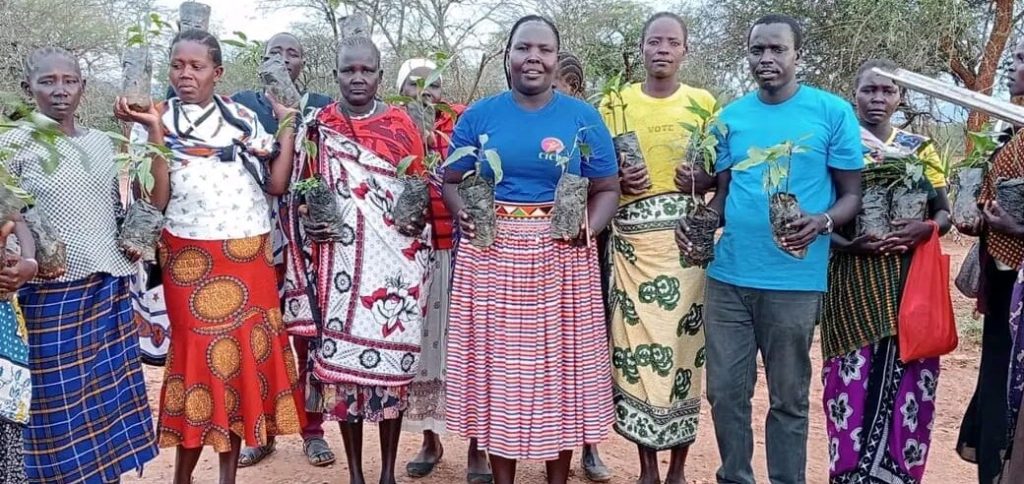
Poverty Dependency Eradication Pilot Project
This pilot initiative focused on building sustainable livelihoods for women in Nakwijit. It facilitated the formation of three women’s groups engaged in kitchen gardening, poultry rearing, and honey processing. The project successfully empowered these groups with the skills, tools, and market access needed to generate income, improve household food security, and reduce dependency on external aid.
Supported by: Signpost International
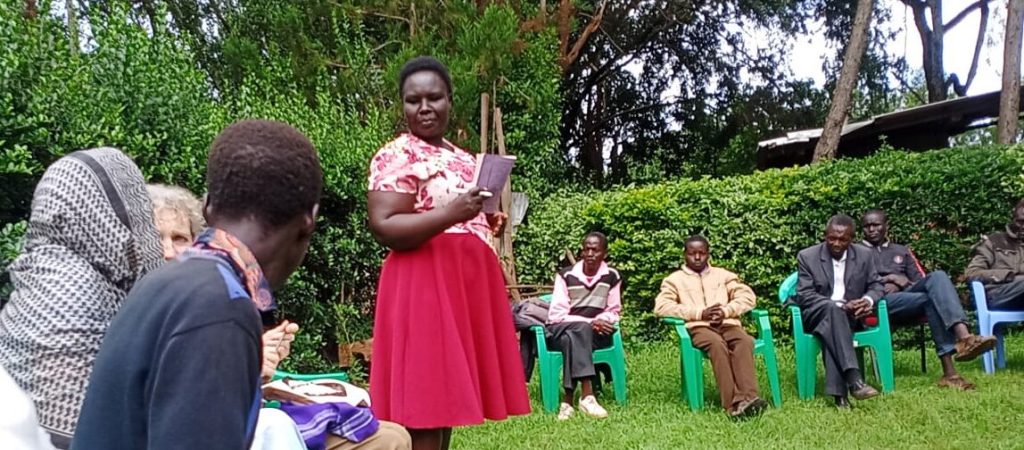
End FGM Campaigns
This project supports climate action and economic empowerment by advancing clean cooking technologies and strengthening community-based tree nurseries. It specifically targets 60 women in Muchukwo and Kinatagh Women Groups in Tunoyo. Activities include the distribution of energy-efficient cookstoves, training in nursery management, and tree planting campaigns, contributing to both environmental conservation and women’s economic empowerment.
Supported by: Beyond FGM UK
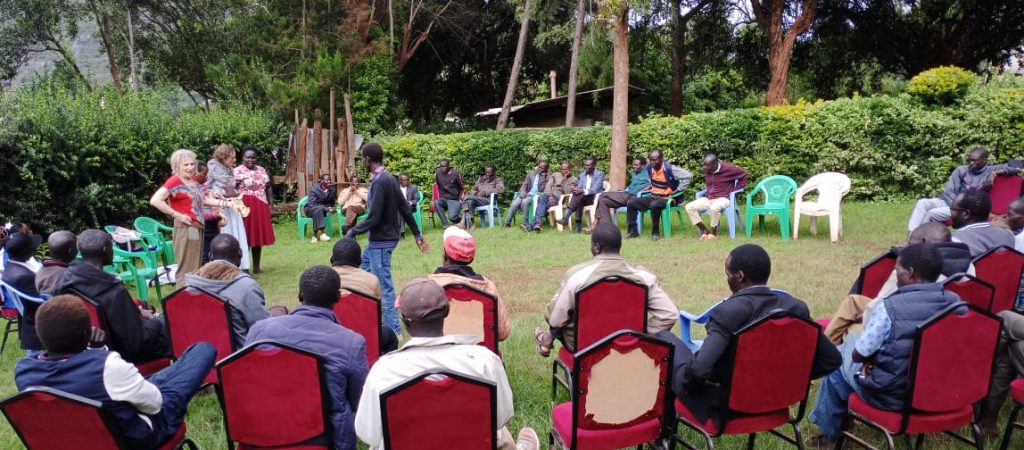
Ending Gender-Based Violence (GBV) Program
Focused on the prevention and response to GBV, this project engaged local leaders, youth, women, and law enforcement in efforts to end violence against women and girls. It included community sensitization forums, capacity building for duty-bearers, and referral mechanisms for survivors seeking justice and support.
Supported by: Samburu Women Trust
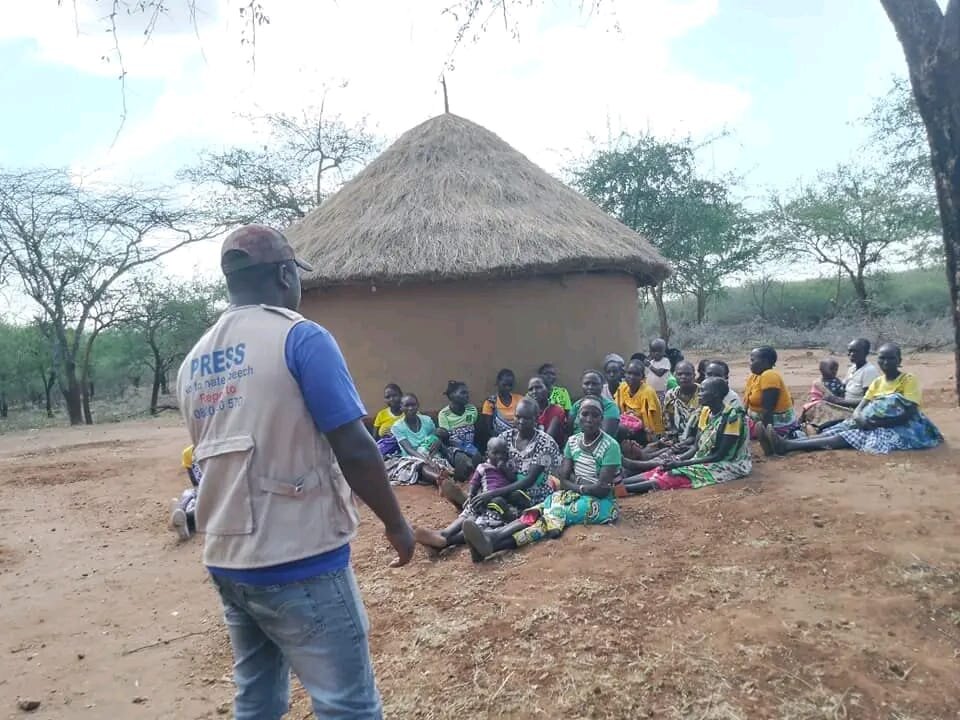
Baseline Survey on GBV Prevalence in West Pokot
This foundational research provided critical data on the scale, patterns, and root causes of GBV in West Pokot County. The findings have informed the design of targeted interventions and advocacy strategies aimed at reducing GBV and strengthening community-based protection structures.
